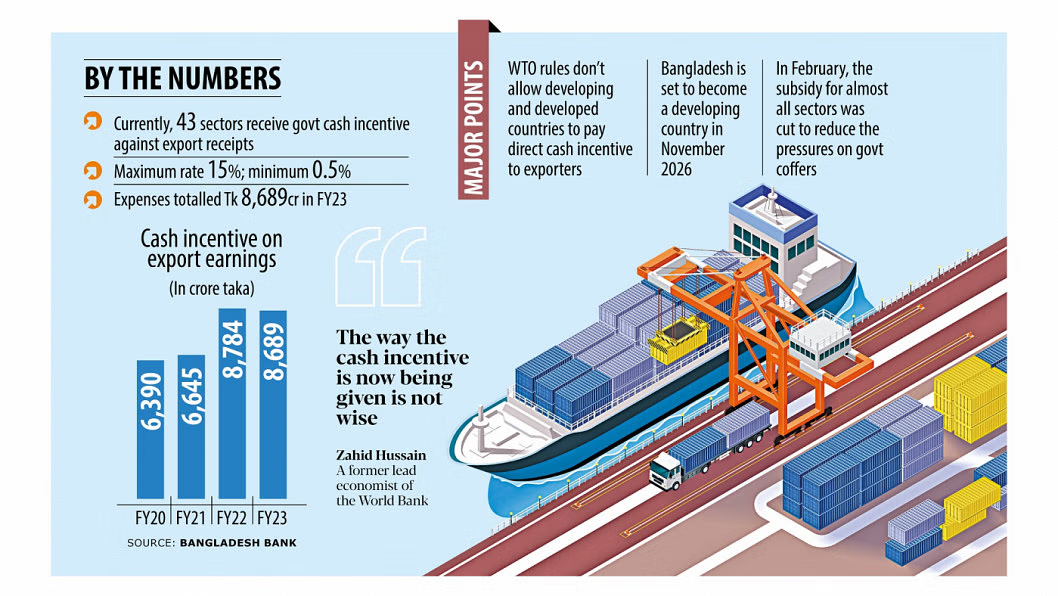Export earnings from jute have fallen significantly due to devaluation of the dollar in the global market, the US-China trade war, the absence of a strategic marketing strategy and the high cost of raw jute production, according to industry insiders. According to the Export Promotion Bureau (EPB), jute and jute goods fetched USD 130.57 million in the July-August period of FY2019–20, down from USD131.14 million recorded during the same period in FY2018-19. This marks a negative growth of 0.43 per cent. Enamul Haque Patwary, former president of the Bangladesh Jute Goods Exporters’ Association, cited two key reasons behind the negative growth rate. He said the devaluation of the dollar in the global market was the prime reason. Citing an example, Patwary said owing to the currency depreciation, jute-importing countries, such as Russia, Turkey and Egypt, were also placing fewer orders. Turkey’s currency has depreciated up to 45 per cent, he added. “Around the globe, local currencies are depreciating against the dollar. But the taka is getting stronger against the dollar. So, we fell short in exporting goods compared to our competitors,” he explained. “Also, the trade war between the US and China is also working against us,” he said. Patwary, who is also the managing director of the Jute and Bags Export Corporation, said: “Our company used to export jute goods worth USD 300,000–USD400,000 a year. Now, it has come down to 20 per cent, which is USD320,000.” “Local jute prices are better than the export price. So, we get better prices by selling raw jute locally rather than exporting it,” he added. The Indian currency has devaluated by 25 per cent against the dollar, and this has eventually helped exporters of jute goods to export in the global market, said Patwary. Suggesting one point, he sai:, “We need to establish a jute council so that every representative from all the associations can participate for better cooperation.”The Bangladesh Jute Mills Corporation (BJMC) should take some steps to increase exports, he added. According to the EPB, the export of jute sacks and bags fetched USD15.49 million in FY2019-20 as against USD13.82 million in FY2018-19. The growth is 12.08 per cent. Also, jute yarn and twine are also in positive trend fetching USD 84.81 million in FY2019-20 as against USD83.41 million in FY2018-19. The positive growth is 1.68 per cent. Explaining the negative growth of jute products, Lutfur Rahaman, senior vice-chairman of the Bangladesh Jute Goods Exporters’ Association, said: “African countries used to import huge quantities of jute bags from us. But, we’re losing the market due to a high import duty of 15 per cent.”
RMG BANGLADESH NEWS
A Knowledge-based Initiative of Best Sourcing
Ready Made Garments sector is the key source of foreign currency and GDP for Bangladesh. Approximately 4.2 million people are dependent on the RMG sector for their bread and butter.
Ready Made Garments sector is the key source of foreign currency and GDP for Bangladesh. Approximately 4.2 million people are dependent on the RMG sector for their bread and butter.
Contact us: info@rmgcentre.com
© Copyright 2019 - RMG Bangladesh
















